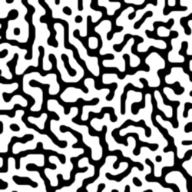But for more than one number:
sqrt(2^2 + 3^2) = ~3.60 but not sqrt(2^2) + sqrt(3^2) = 2 + 3 =5
So I feel strange for standard deviation to use sqrt to cancel out the square operations.
更新1:
Should be "Why is it correct to use the sqrt to cancel out the *square* operations in standard deviation?"

